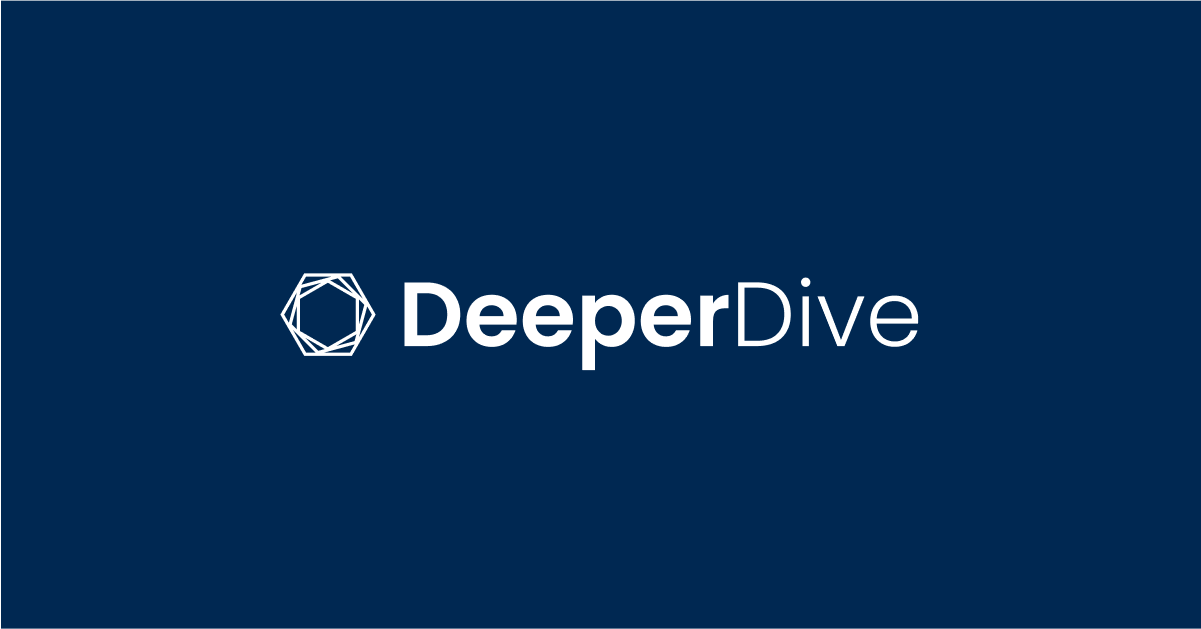News companies are looking at different ways to stay current as tech changes how people get their news. Because everything’s moving to the internet, social media, and videos you can watch anytime, old-school media has to keep up. So, USA Today is trying something new: an AI chatbot called Deeper Dive. USA Today’s parent company, Gannett, wants to mix news and AI to give readers a more personal experience and make it simple to find stories. They think AI can change how news is told.
The news business is changing fast. Newspaper sales are down, online subscriptions are competitive, and people don’t pay attention for long. Now, people want quick, interesting updates with details and pictures. AI can help by making long articles shorter, answering questions, and walking readers through stories. USA Today thinks people want to be involved with their news. They don’t just want headlines; they want to talk to an AI that can give them explanations, background, and stuff made just for them.
Deeper Dive, the AI chatbot, knows a lot about USA Today’s articles. It can sum up articles, point out the important stuff, create timelines, suggest related stories, and let you chat with it.If you read a headline about a new climate change report, you could ask Deeper Dive, What does this mean for U.S. cities? or Can you explain this simply? The chatbot would answer like a person, making the news easier to get.
Deeper Dive fits with USA Today’s promise to do good journalism. Gannett says the AI is there to help reporters, not take their jobs. The chatbot’s information comes from old reports, so it’s reliable and correct. Trust is still a big deal in news. Some people worry that AI-made stuff might mess up the facts or not have the depth of real reporting. USA Today wants to use AI while still doing quality journalism. Deeper Dive also makes the news experience personal. Everyone likes different things, from politics to sports or easy-to-understand explanations of health care or the economy.
It’s hard to make stuff for everyone using old methods, but AI makes it easier to make things personal. A student might want an update on immigration, while a parent might want a short summary.
This makes news easier to get. Long articles can be hard to follow if you don’t know much about the subject. Deeper Dive makes news more accessible by explaining things in a conversational way.
USA Today isn’t the only one trying AI, but its method is interesting. News companies are using AI in different ways. The Associated Press has used AI for years to write earnings reports and sports stories. The New York Times has sued to keep its content safe from AI training without permission. Smaller newsrooms are using AI to make things easier, like transcribing interviews or making pictures. USA Today is different because it puts AI right in the hands of its readers. Instead of using AI behind the scenes, Deeper Dive lets readers change their news experience. Of course, there are issues. The tool has to be correct, not favor anyone, and keep people’s trust. People shouldn’t depend too much on summaries, and there should be rules for using AI on sensitive topics.
Gannett claims they have protections. Humans are still in charge, and the chatbot tells you where its information comes from, admits what it can’t do, and gives you links to the whole articles. Gannett’s 200+ local papers have had problems with falling income and fewer employees. AI tools could really help these newsrooms by giving readers content without using up resources. Someone in Ohio could use the chatbot to learn about school board elections, while someone in Arizona might ask about water rights. AI in local news can help people stay informed about what’s happening near them.
Deeper Dive makes you wonder about the future of news. Will people get their news through chatbots, voice assistants, or virtual reality? If USA Today’s idea becomes popular, others might copy it. People might rather talk about news than just read it, turning news into a conversation. People will always matter. Reporters’ reliability, storytelling, and investigations are still very important and can’t be done by a machine. AI is just there to help reporters, making news easier to get, more interactive, and more impactful.
Even with the risks, Deeper Dive shows that USA Today is willing to change. They think readers want to be involved in a world full of information. We don’t know yet if this will change the news business, but news and tech are becoming connected. Deeper Dive is a step toward changing how people interact with the news. This could fix the lack of personal touch in news, giving readers good insight from the information around them.









